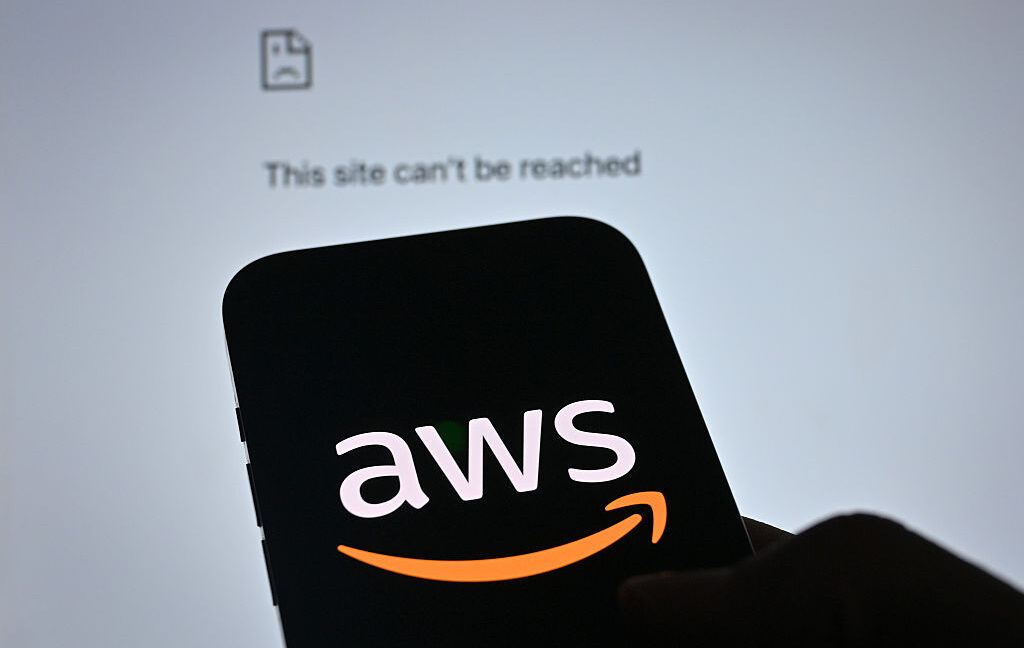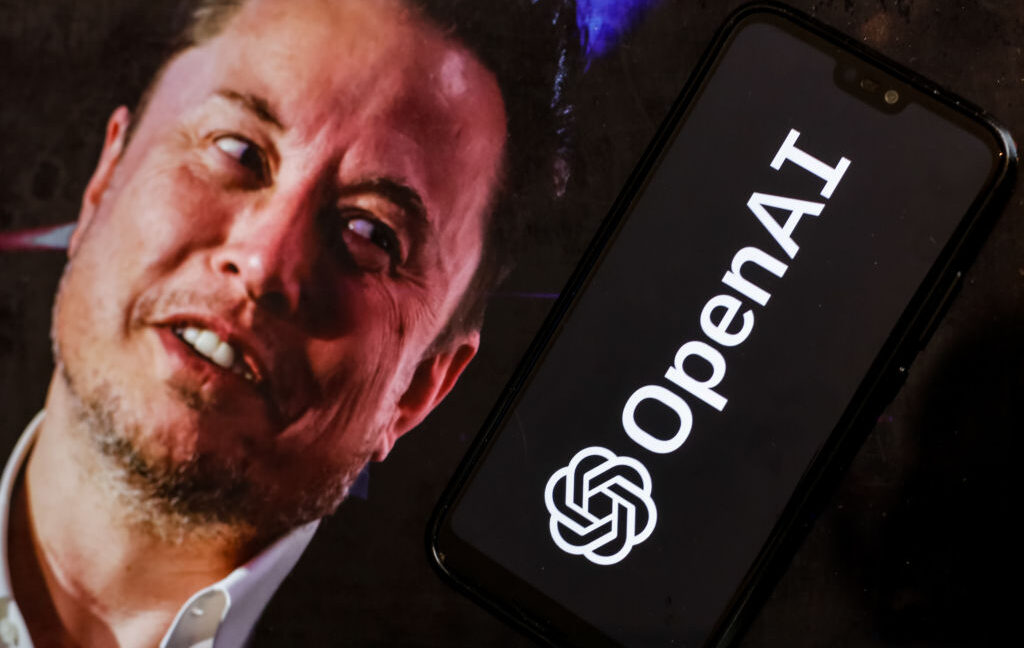Tech billionaires are now shaping the militarization of American cities
Yesterday, Donald Trump announced on social media that he had been planning to “surge” troops into San Francisco this weekend—but was dissuaded from doing so by several tech billionaires.
“Friends of mine who live in the area called last night to ask me not to go forward with the surge,” Trump wrote.
Who are these “friends”? Trump named “great people like [Nvidia CEO] Jensen Huang, [Salesforce CEO] Marc Benioff, and others” who told him that “the future of San Francisco is great. They want to give it a ‘shot.’ Therefore, we will not surge San Francisco on Saturday. Stay tuned!”
Ludicrously wealthy tech execs have exerted unparalleled sway over Trump in the last year. Not content with obsequious flattery—at one recent White House dinner, Sam Altman called Trump “a pro-business, pro-innovation president” who was “a very refreshing change,” while Tim Cook praised the legendarily mercurial Trump’s “focus and your leadership”—tech leaders have also given Trump shiny awards, built him a bulletproof ballroom, and donated massive sums to help him get elected.
Most of these execs also have major business before the federal government and have specific “asks” around AI regulation, crypto, tariffs, regulations, and government contracts.
Now, tech execs are even helping to shape the militarization of American cities.
Consider Benioff, for instance. On October 10, he gave an interview to The New York Times in which he spoke to a reporter “by telephone from his private plane en route to San Francisco.” (Benioff lives in Hawaii most of the time now.)
His big annual “Dreamforce” conference was about to take place in San Francisco, and Benioff lamented the fact that he had to hire so much security to make attendees feel safe. (Over the last decade, several Ars staffers have witnessed various unpleasant incidents involving urine, sidewalk feces, and drug use during visits around downtown San Francisco, so concerns about the city are not illusory, though critics say they are overblown.)
Tech billionaires are now shaping the militarization of American cities Read More »












